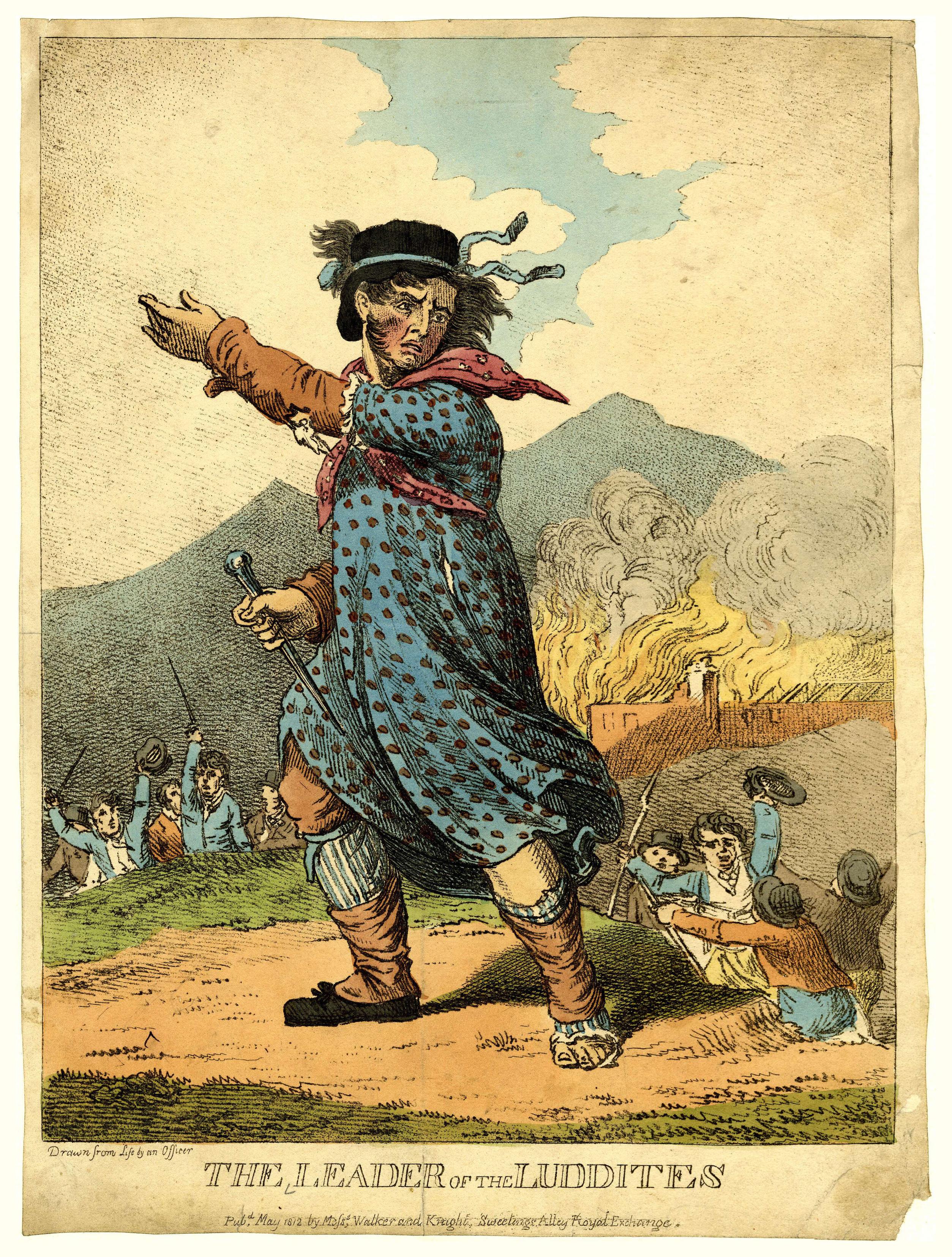It's been a while I refreshed my pinned #introduction toot, and I figured today will be a fitting day to write a new one.
Hi! Despite the avatar, I'm not a furry1, I'm a boring cishet white dude. Despite my privileged status, I might be considered a "terrorist"2 in some weird jurisdictions, and some companies3 will consider me a "malicious actor", because I built myself a crawler defense system that serves them an infinite maze of garbage. To them, I say: fuck you. I'm a Vengeful Mouse.
I also have the privilege of being able to admire the human body in all shapes and forms, even such "grotesque" things as a female presenting nipple (like this one:  , not to be confused with the
, not to be confused with the  , an entirely different and totally not grotesque thing). I wish this was the norm, rather than a privilege.
, an entirely different and totally not grotesque thing). I wish this was the norm, rather than a privilege.
I'm a serial drive-by contributor, I have my fingerprints all over the internet. I have code in #QMK, #Kaleidoscope, and #Chrysalis, but I contributed to #Forgejo, #niri, and a whole lot of other things too. I find great joy in playing with new things, and submitting patches or other contributions. I used to be a #Debian developer, I've put #Hy in production, and lately I've been building #NixOS configurations not only as a literate #OrgMode document, with with #OrgRoam. I am extremely normal and neurotypical.
Apart from these very normal things, I use #NixOS to boot into #Emacs, which is the real operating system I use, like a very sane, completely neurotypical person would. I also tend to live-toot (very verbosely) all kinds of shenanigans I'm up to, because I always forget I have a blog.
While I do wrangle code for a living in a variety of languages (in whatever language necessary, I'm a generalist! But if I can choose, I turn to #Rust, although #Lisp languages are also very dear to me), if it were up to me, I'd much prefer wrangling other kinds of words4 than programming language symbols. Sadly, we're not living in a world that makes possible, so I had no choice but become a #luddite and so can you.
But I'm not all about tech5! I'm also Dad to wonderful Twins, and Husband to my Wife, who not only puts up with my crazy, but gently6 fans the flames too. I may occassionally toot about #parenting, too.
I may or may not have an unhealthy addiction to footnotes7.
Nope, I'm not in denial stage, I do not work in infosec. ↩︎
I'm anti-fascist. ↩︎
Like Anthropic. ↩︎
Short stories like this toot, or The Tragedy of Byr (which might need an explanation to really understand what's going on). ↩︎
I wish I could leave tech, really. ↩︎
Where "gently" is either an eyeroll and more wood thrown onto the campfire, or straight up lighting up the neighbourhood, figuratively speaking. ↩︎
...if you haven't noticed yet... ↩︎




 , not to be confused with the
, not to be confused with the  , an entirely different and totally not grotesque thing). I wish this was the norm, rather than a privilege.
, an entirely different and totally not grotesque thing). I wish this was the norm, rather than a privilege.